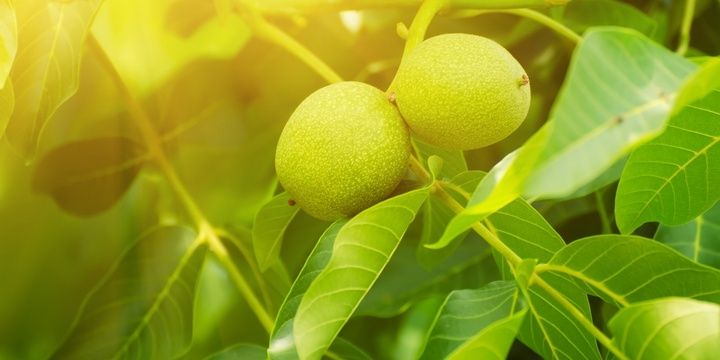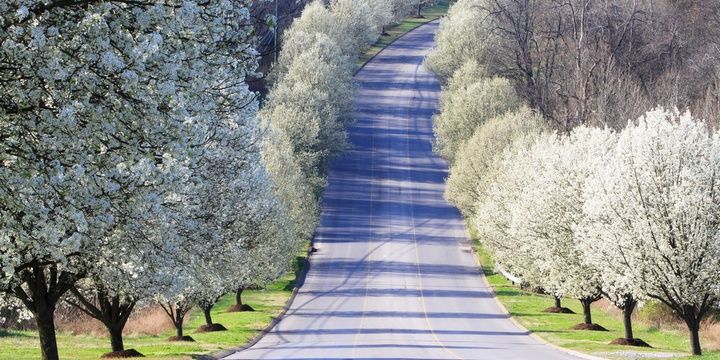
Home landscaping includes planting bushes, flowers and trees. Avoid some certain types of trees and you will never have any headaches. Here is a list of 5 species of trees that may cause trouble:
1. Black walnut tree
Some owners love these trees since they give edible nuts and provide shade. The bad thing about this species is that it releases too much juglone. Juglone is a chemical that takes energy from more vulnerable and sensitive plants through its nut hulls as well as roots and buds. Do not be surprised to find out that your vegetables negatively react to black walnut trees planted too close. The list of sensitive vegetables that are prone to death if planted close to walnuts are rhubarb, potatoes and eggplant. Of course cabbage, asparagus, peppers and tomatoes won’t appreciate being planted next to the black walnut. There are several types of trees that won’t make good friends with black walnuts. Do not plant walnut trees around pine, crabapple, pear and apple. If you want to grow raspberry and blackberry, then keep the bushes away from walnut trees, too. Finally, not all flowers torelare walnut trees either. Lilies, chrysanthemums, lilies and petunias do not like to be near black walnut.
2. Bradford pear tree
The shape of the Bradford pear tree is unique. This species has a v-shaped crotch. This feature makes the tree prone to splitting. It is very typical of the Bradford pear tree to split in half if it grows in a region where severe weather conditions are frequent. Also, the pear is sensitive to fire blight and suffers leaf scorch.

